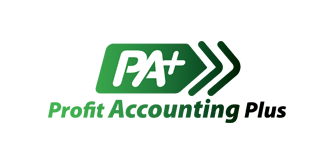7 unbeatable tax tips for year’s end
As 2013 wraps up, many of us have our minds on friends and family with the holiday season in full swing. However, a season that may deserve a little of your attention between Thanksgiving turkey and New Year's Eve champagne is tax season, which is lurking around the corner in April. It's never too early to prepare, and the year-end marker can be an important time to get your tax-related affairs in order. The blog Tax Break from TurboTax has come out with a series of posts for improving next year's April woes. Check out these seven pointers for 2013 to make next year's tax returns a little bit easier to handle.
